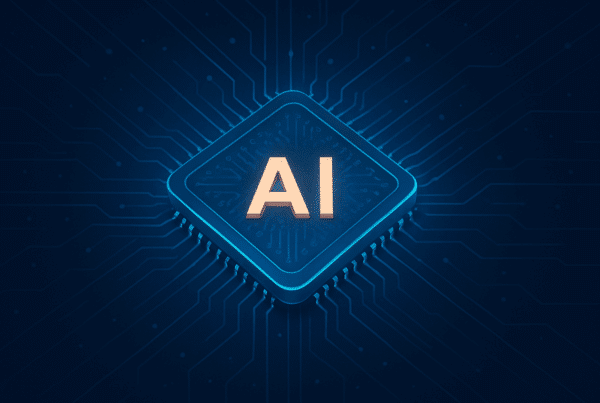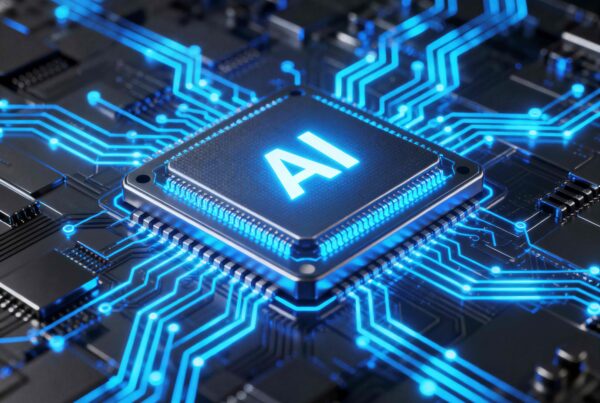AI and the Future of Finance
Not too long ago, the finance department was seen as the backbone of operational stability, heads-down, data-heavy, and process-driven. But in 2025, something has shifted.
Artificial intelligence isn’t just knocking on the door of the finance function, it’s already inside. And while some see it as a threat, those who understand the opportunity know this: AI isn’t replacing finance professionals. It’s redefining their value.
The Automation Wave Is Here
Let’s be honest: much of finance has historically involved repetitive, rules-based tasks. That’s exactly where AI thrives. We’re already seeing machine learning and automation transform tasks like:
- Matching invoices to payments
- Cash flow forecasting
- Expense categorization
- Credit scoring and collections prioritization
- Month-end close processes
Tools like BlackLine, HighRadius, and even ChatGPT are helping teams work faster, more accurately, and with fewer manual interventions. The result? Finance teams now spend less time chasing numbers and more time analyzing them.
But Finance Still Needs a Human Touch
Here’s where it gets interesting: while automation takes care of the “what,” it still struggles with the “why.”
- Why did a key client delay payment, and how should we approach the conversation?
- What does this forecast mean for hiring plans or expansion goals?
- How do we communicate financial risk to non-financial stakeholders?
These questions still require critical thinking, emotional intelligence, and business acumen, human qualities that no AI can replicate.
The Emerging Finance Professional
As a recruiter in the finance space, I’ve seen a clear trend emerging: the professionals who are thriving right now are those who are leaning into the shift, not resisting it. They’re upskilling in two key areas:
Digital fluency – They understand automation tools, can interpret dashboards, and know how to use AI to get quick answers or generate insights.
Strategic influence – They know how to tell the story behind the numbers and influence decisions across the business.
In short, finance professionals are moving from operators to advisors.
What This Means for Employers (and Candidates)
For companies, it means rethinking job descriptions. It’s not just about “experience with Excel” anymore. It’s about analytical thinking, adaptability, and the ability to navigate a tech-enhanced environment.
For finance professionals, it means embracing continuous learning. Tools will change. Processes will evolve. But the ability to interpret, communicate, and lead with financial insight will always be in demand.
Final Thought
AI is not the end of finance careers, it’s the beginning of a smarter, more strategic version of them. The most in-demand professionals in the next 5–10 years won’t be the ones who ignore AI or fear it. They’ll be the ones who understand how to work alongside it.
If you’re hiring in this space, or wondering how your own finance career is evolving, I’d love to share what I’m seeing in the market. Let’s connect and keep the conversation going, contact sam@akkar.com.







